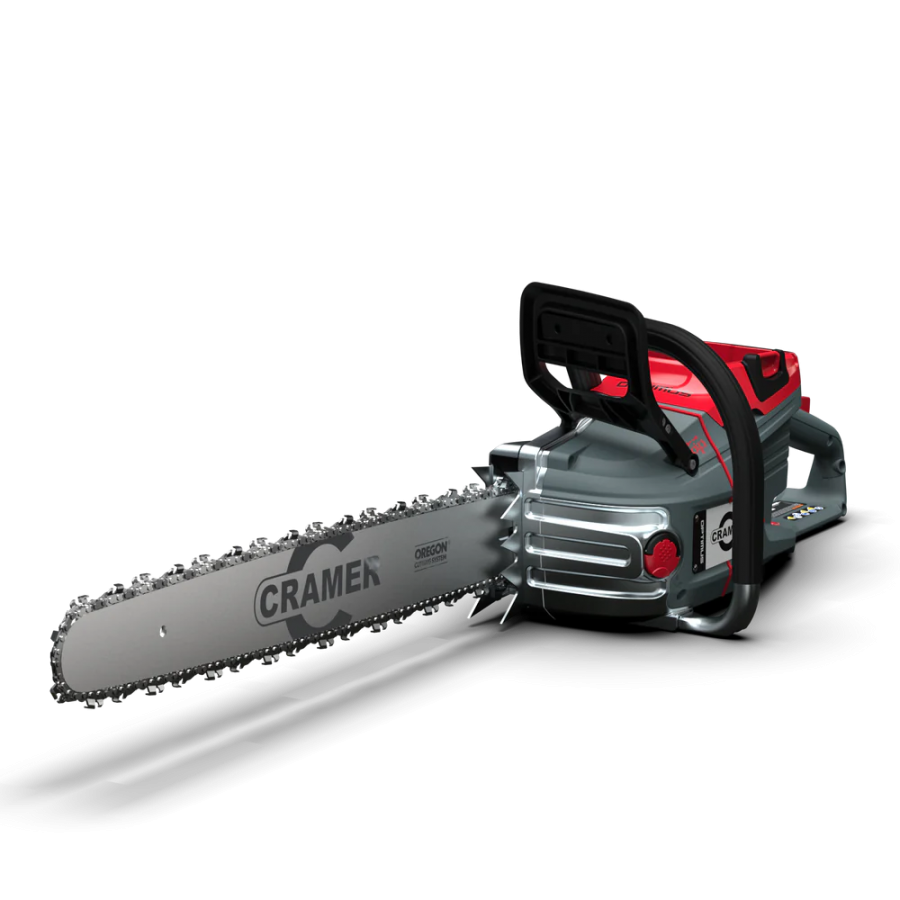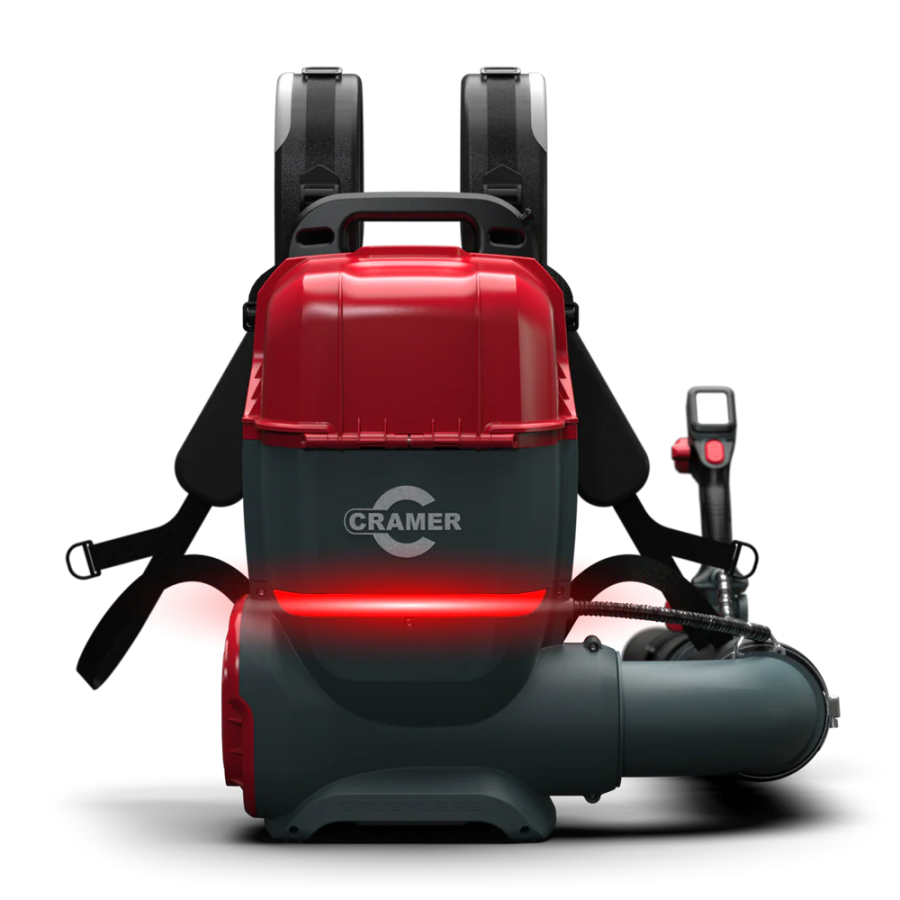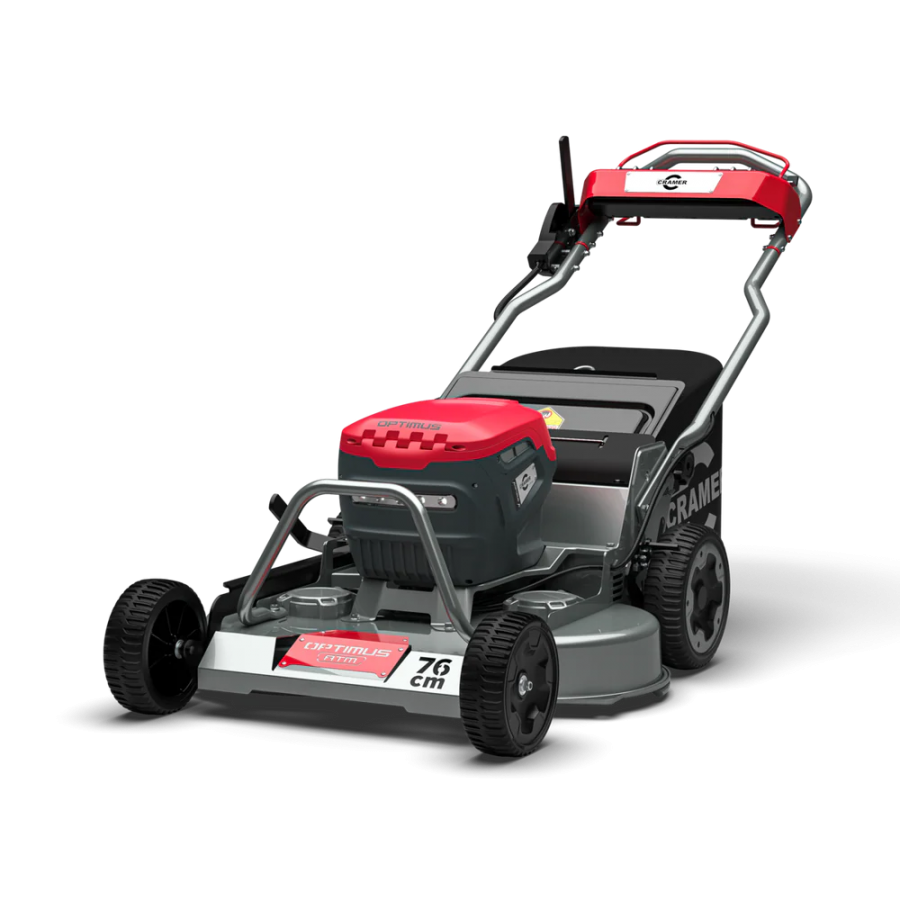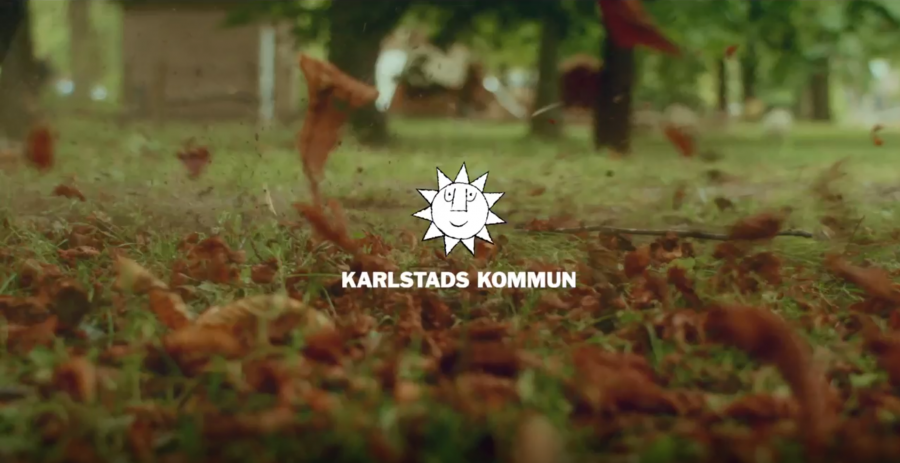Of course it'll be very cold this Winter, but warm clothes, central heating and even a cosy fire will make it bearable for us, but what about wild birds? Unsurprisingly, they will find it hard to cope in such extreme weather - they have endured a cold, wet start to Spring, an indifferent Summer and the stresses of their busy breeding period.

It's thought, they are not in great shape and are approaching the most difficult time of the year. RSPB's Make Your Nature Count survey indicated a reduction in the number of Robins and Song Thrushes. Also, the early nesters were hit by a cold, wet start to Spring, and it has been reported that many nests have failed, including those of Blue Tits and Great Tits.
Bird Food
Sadly, in Winter, the food and water we supply can mean the difference between life and death. Birds need more food to survive bitterly cold Winter days but have less time to find it, due to daylight fading early. Birds can eat the equivalent of up to two thirds of their body weight a day, and will spend most of their lives searching for food.
The providing of easily accessible food means they use less energy - seed mixes rich in oils, such as sunflower seeds, and suet based products provide the most calories. Birds will quickly get used to feeding routines and will visit your garden accordingly. In extreme weather, try to feed birds twice a day.
Bird Tables & Feeders
There are many choices and designs of feeders available, but tables with roofs are excellent for providing large quantities of a wide variety of food, including seeds, peanuts and even table scraps. Tubular feeders made of tough plastic are popular because they keep seed dry, clean and safe to eat.
It can take a few days for birds to discover the food and to convince themselves that it is a safe place to feed. Don't allow uneaten food to accumulate on the table as this can encourage bacteria and vermin. Remember to clean all items outside, wear gloves and don't use the same brush for any other jobs.
Bird Baths
Of course, just like humans, birds need to drink - they also need water to help keep their feathers in good condition. It is hard for birds to find safe drinking and bathing facilities, but they are an easy option. It will need to have a good depth to ensure it maintains enough water, different depths of water will meet the needs of different species of birds.
If the material of the bird bath is slippery when wet, put a thin layer of gravel at the bottom of the dish. Don't forget to clean the bath regularly to remove any algae or bird droppings and keep it unfrozen in cold weather - don't use antifreeze!
Bird Boxes & Houses
Bird boxes are best put up during the Autumn as many birds need a place to stay warm over the Winter. It is best to place the bird box by a shaded tree or building during the day - they should not face strong sunlight and should be psoitioned away from prevailing wet winds. Also, ensure there are no branches of leaves in front of the entrance to ensure there is a clear flight path into the box.
After an awful Summer, our birds need more help than ever this Winter - can you offer them a helping hand?

Article kindly supplied by LAURA DANIELS www.coblands.co.uk








